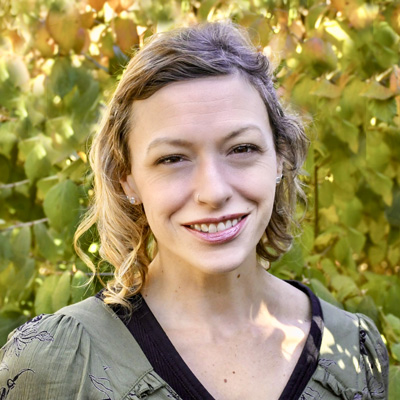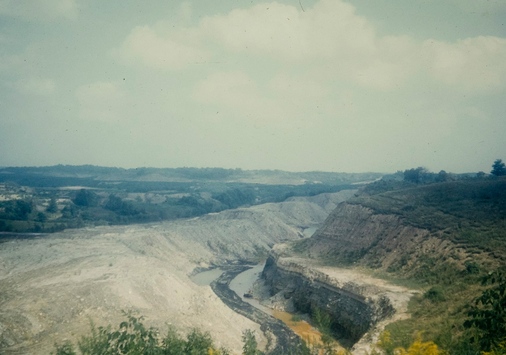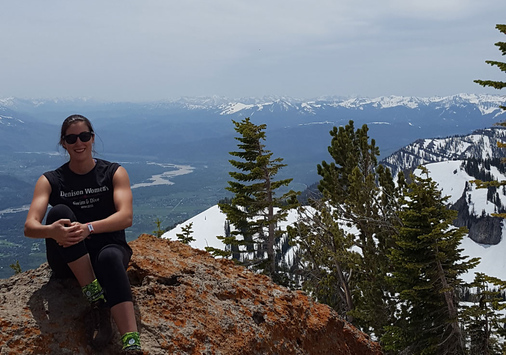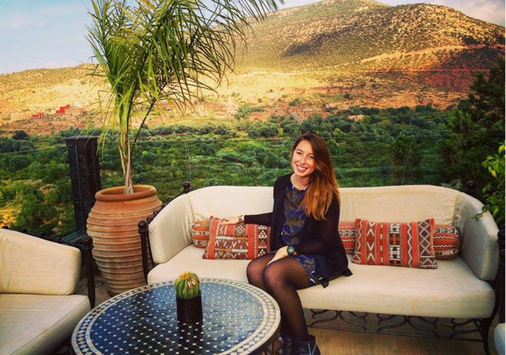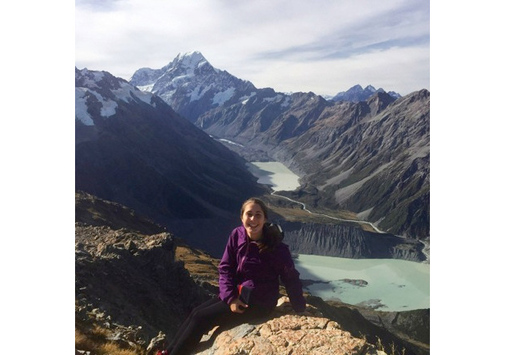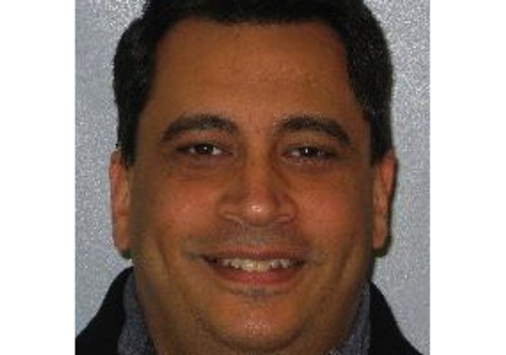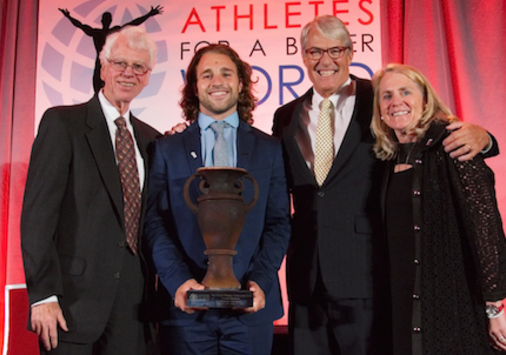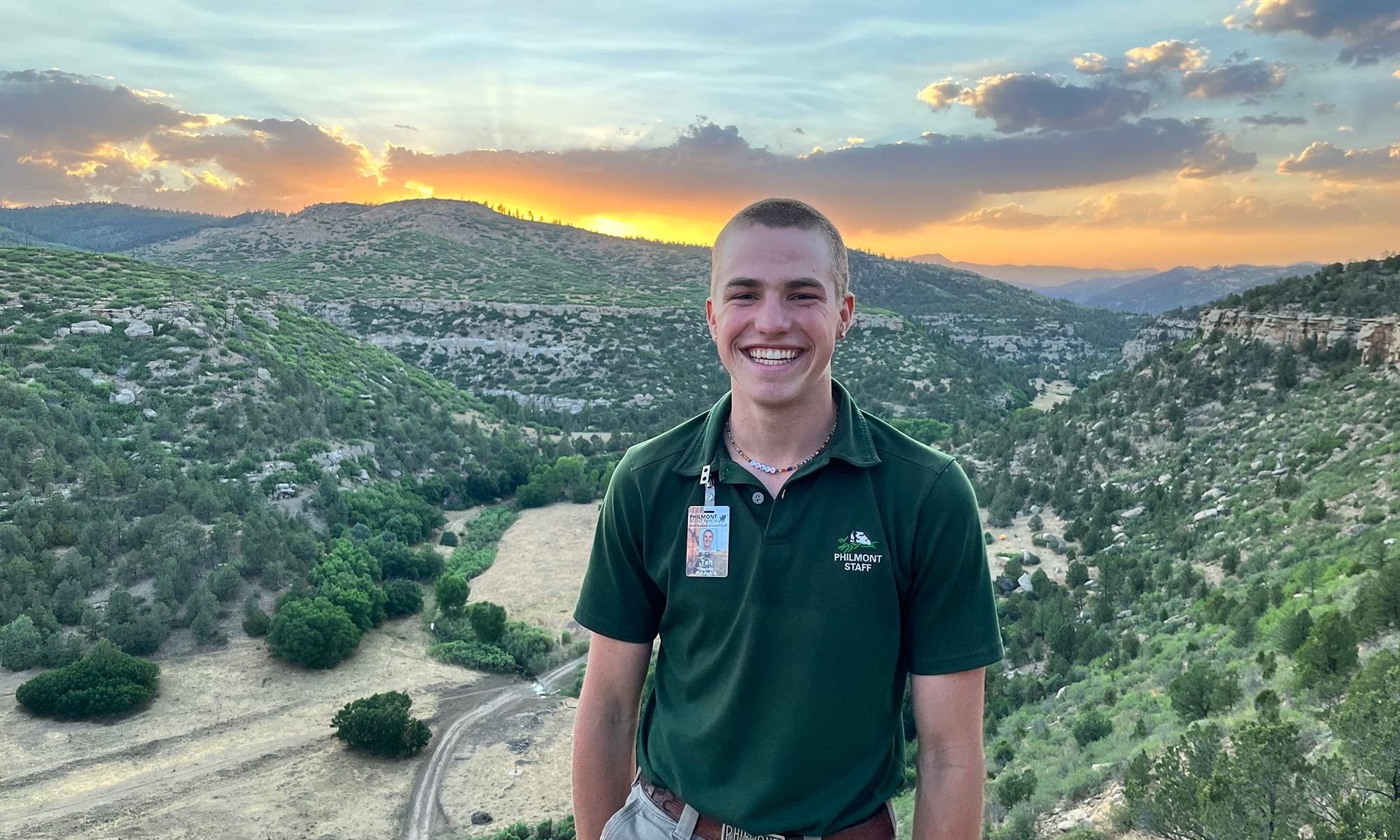
“Environmental studies was something I didn’t know I’d be interested in,” says Tait Ferguson ‘23. Despite a childhood of scouting, camping, and generally being outdoorsy, he came to Denison with only a political science major in mind.
Then he took an environmental studies course, and it inspired him to explore a second course, Political Ecology, with visiting Professor Tom Henshaw. Henshaw opened Ferguson’s eyes to the possibility that an environmental studies major would better synthesize his interests.
“You can’t have a healthy democracy without a healthy environment,” Ferguson adds. “Everything is a decision — who has access to a park, who has clean water. The decisions come down to policy and politics and democracy.”
Internship links policy and environment
Ferguson learned more about policy impacts on the environment during his 2022 summer internship with the Ohio Environmental Council. He partnered with its Regional Ohio Action for Resilience team, helping them identify needs and create a common agenda on climate change action.
“Interacting with people working in agriculture, communities, and politics allowed me to see how big changes can be sparked from a small beginning,” Ferguson says. “All of this work is very possible.”
Now he’s working on a yearlong senior thesis with Henshaw, studying federal natural gas leasing impacts on adjacent communities. With the help of the Lisska Center for Intellectual Engagement, Ferguson is also applying for the Marshall Scholarship, a two-year graduate school fellowship to the UK to study environment, development, global affairs, and politics.
So what kind of career awaits a self-professed political junkie with an environmental studies degree? Ferguson sees himself working at the intersection of environmental advocacy and politics, perhaps as chief of staff for a conservation nonprofit.
“I really like the role of guiding political strategy and consultation, especially if you’re doing it for an issue like the environment,” he says. “There are so many places you could go, so many stakeholders you could interact with. It’s really boundless.”
